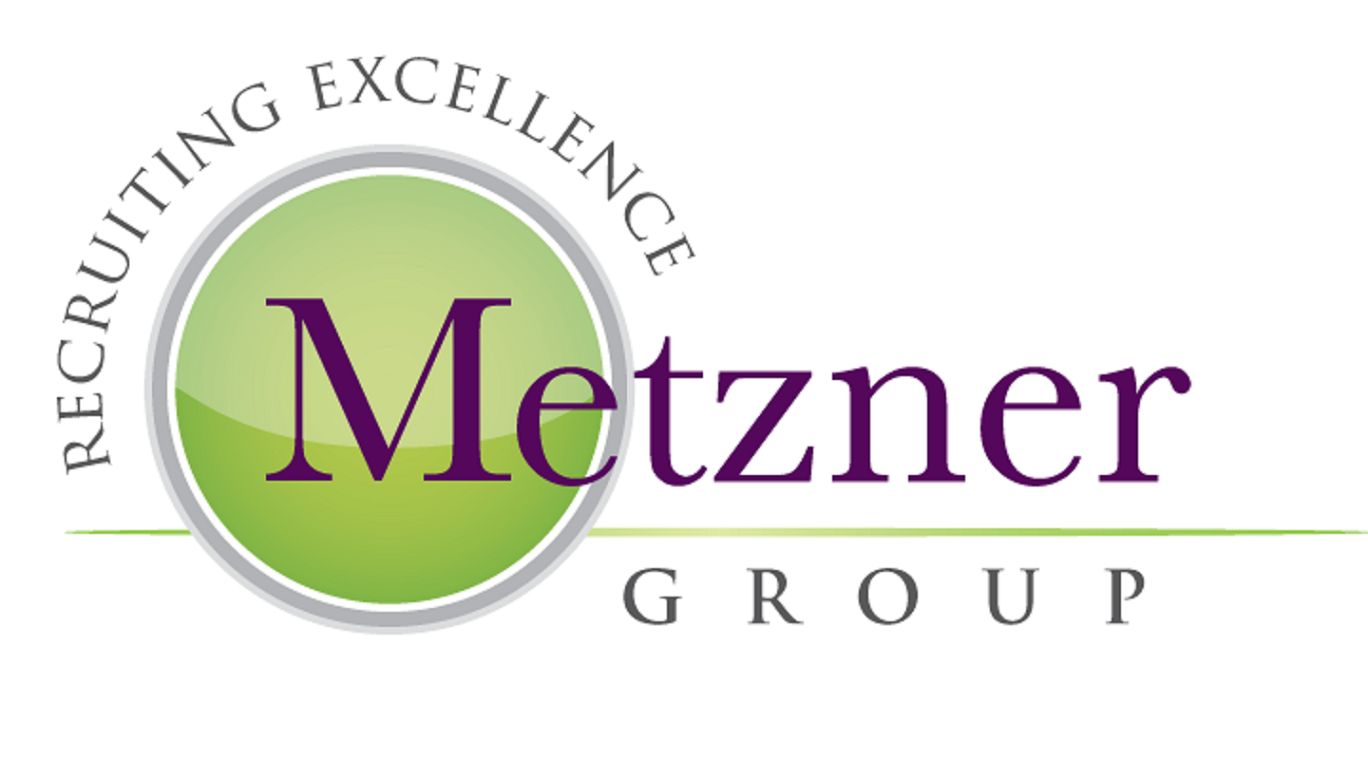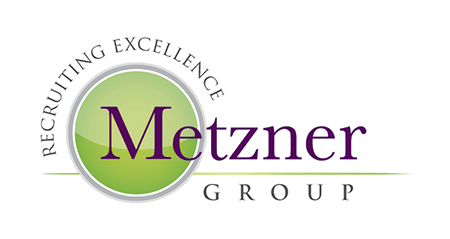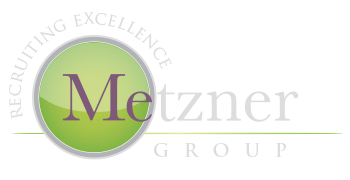"Engineering Stress" while at work!
April 8, 2020

Engineering stress does not refer to a “measure of the intensity or internal distribution of the total internal forces acting within a deformable body across imaginary surfaces.” Here I am referring to the physiological demand many of us are experiencing in response to the ever changing engineering marketplace.
My colleagues and I were on a conference call about our recruiting search assignments and the conversation went off onto a tangent. Those minutes that we talked about something other than our searches had me laughing and I felt stress melting away. I was much more productive for the hours following that call.
This started me thinking, how can the civil engineering community pull together and de-stress, if only for a while? I ran an Internet search and found over 171,000 results for "ASCE and golf and 2018." Seems each ASCE chapter has some sort of annual golf charity. A great stress reliever and way to enjoy networking. Other association dinner meetings, luncheon seminars on topics other than work and corporate sponsored volunteer events provide avenues to spend time with colleagues in a non stress environment.
Business social networking sites like the Civil Engineering Central Group on LinkedIn have also provided an opportunity for many of us to take a break, decompress and correspond (quickly) with our colleagues in a non-stressful environment.
Do you have other ideas or suggestions?!
The Metzner Group Blog

As a recruiter, I move fast—searches, decisions, conversations that shape careers. But Thanksgiving reminds me to slow down, breathe, and appreciate the bigger picture. Gratitude isn’t just seasonal; it’s the foundation of meaningful relationships and clearer perspective. Each person I meet reminds me of resilience, ambition, and possibility—and that’s what keeps me inspired. Wishing you time to decompress, reconnect, and carry that spirit into the season ahead.

We’ve all seen it: a colleague facing a career crossroads reaches out to every connection they’ve built — asking for introductions, advice, or simply a listening ear. Many of us respond, because we understand the stakes. The fear of unemployment or being in a role that no longer fits is real. But then they land. The pressure lifts. And when others reach out to them for support, the response is… silence. In today’s climate, where so many talented A/E/C executives are exploring new opportunities, navigating leadership transitions, or rethinking their next chapter, let’s remember that networking is a two-way street. ✅ If someone helped you during your search, be the person who helps them now. ✅ If you’re in a stable role, take a moment to respond to those reaching out. ✅ If you’re navigating change, lean on your network — but also nurture it. The consulting engineering sector thrives on collaboration, trust, and long-term partnerships. Let’s extend that same spirit to how we support one another professionally. We rise by lifting each other — not just when we need help, but when others do.

